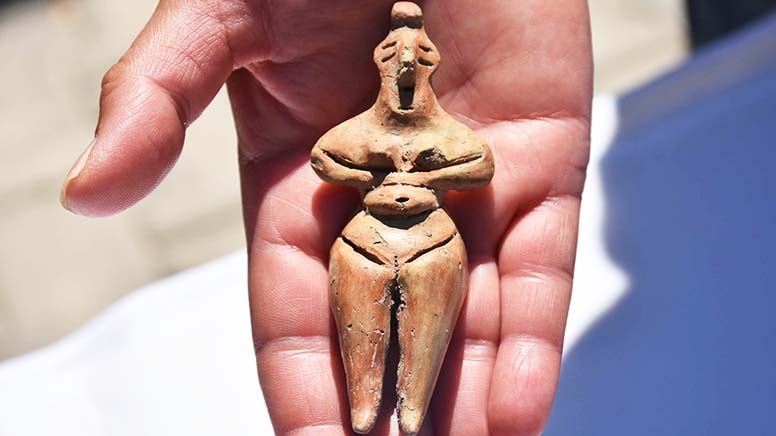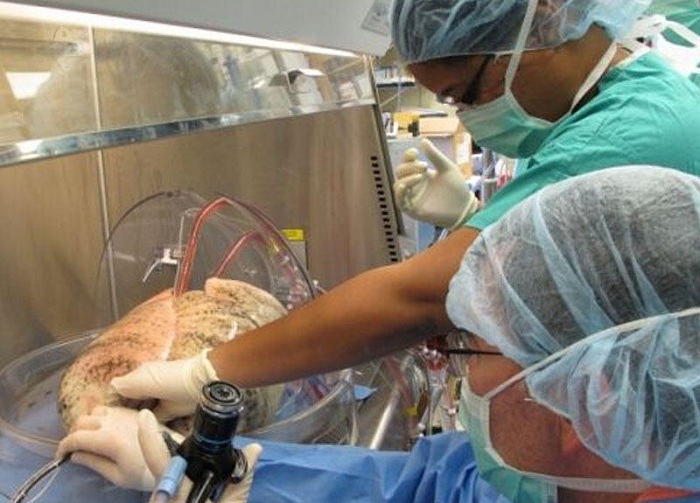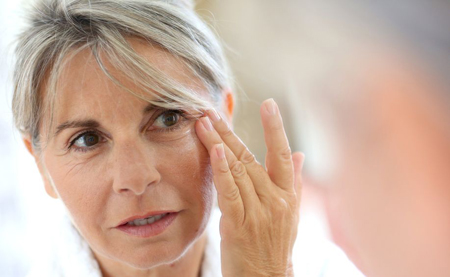
- A-
- A
- A+
New material temporarily tightens skin
Scientists at MIT, Massachusetts General Hospital, Living Proof, and Olivo Labs have developed a new material that can temporarily protect and tighten skin, and smooth wrinkles. With further development, it could also be used to deliver drugs to help treat skin conditions such as eczema and other types of dermatitis.
The material, a silicone-based polymer that could be applied on the skin as a thin, imperceptible coating, mimics the mechanical and elastic properties of healthy, youthful skin. In tests with human subjects, the researchers found that the material was able to reshape “eye bags” under the lower eyelids and also enhance skin hydration. This type of “second skin” could also be adapted to provide long-lasting ultraviolet protection, the researchers say.
“It’s an invisible layer that can provide a barrier, provide cosmetic improvement, and potentially deliver a drug locally to the area that’s being treated. Those three things together could really make it ideal for use in humans,” says Daniel Anderson, an associate professor in MIT’s Department of Chemical Engineering and a member of MIT’s Koch Institute for Integrative Cancer Research and Institute for Medical Engineering and Science (IMES).
Anderson is one of the authors of a paper describing the polymer in the May 9 online issue of Nature Materials. Robert Langer, the David H. Koch Institute Professor at MIT and a member of the Koch Institute, is the paper’s senior author, and the paper’s lead author is Betty Yu SM ’98, ScD ’02, former vice president at Living Proof. Langer and Anderson are co-founders of Living Proof and Olivo Labs, and Yu earned her master’s and doctorate at MIT.
The researchers also tested the material’s ability to prevent water loss from dry skin. Two hours after application, skin treated with the novel XPL suffered much less water loss than skin treated with a high-end commercial moisturizer. Skin coated with petrolatum was as effective as XPL in tests done two hours after treatment, but after 24 hours, skin treated with XPL had retained much more water. None of the study participants reported any irritation from wearing XPL.
Similar News
Links
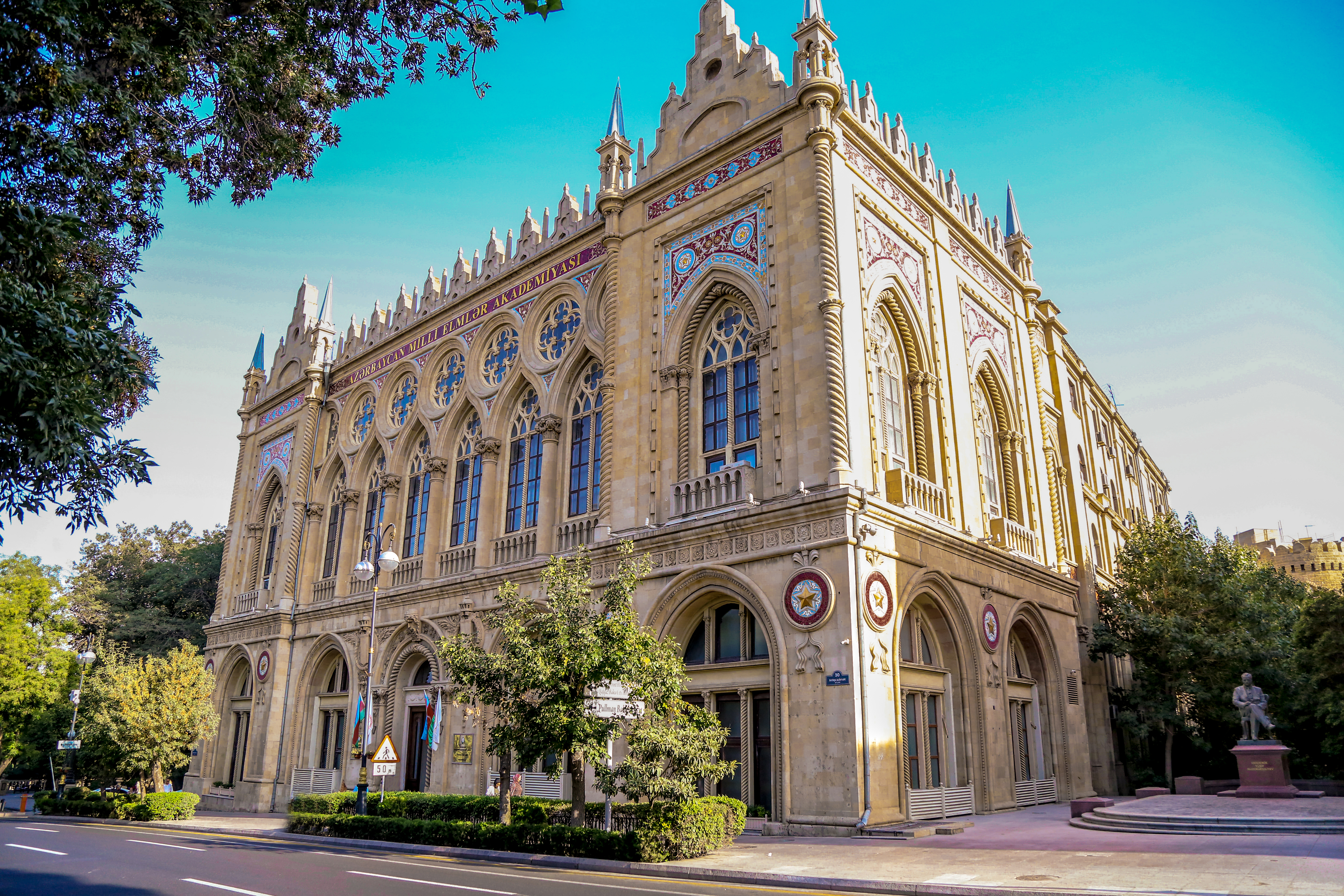
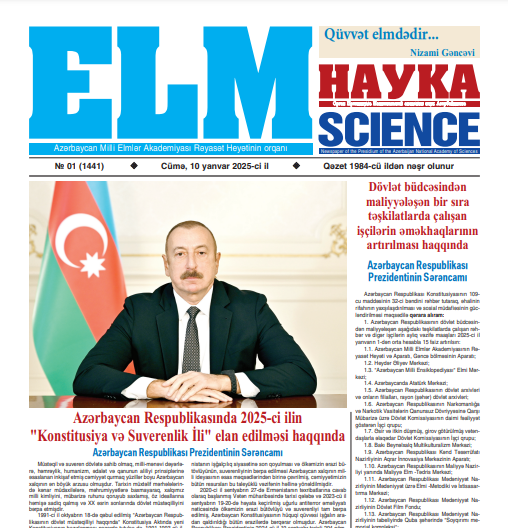
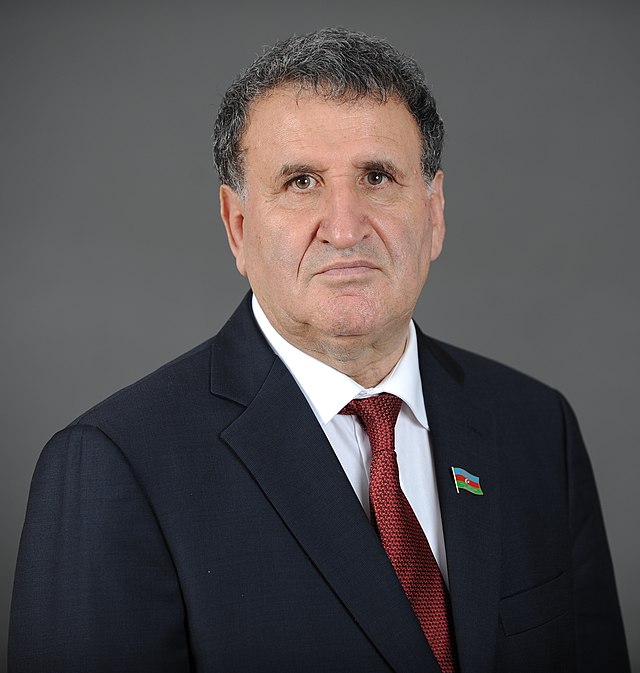

 Elm TV
Elm TV
 Photo
Photo
 Video
Video
